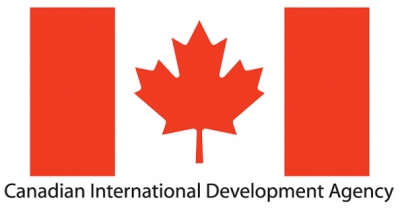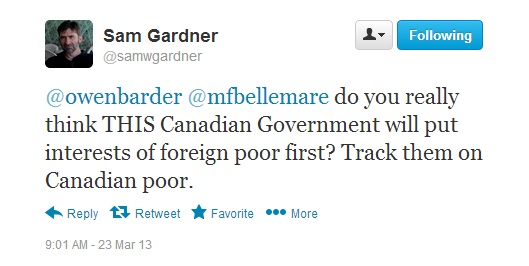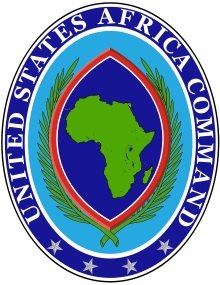As part of its 2013 budget, the Harper government has decided to fold the Canadian International Development Agency (CIDA) into the Department of Foreign Affairs and International Trade (DFAIT).
It is not uncommon for a developed country to have its development agency depend directly on its ministry of foreign affairs. In the United States, for example, the US Agency for International Development depends on the State Department. In France, the Agence française de développement depends on the Quai d’Orsay.
Many in Canada were up in arms about the DFAIT–CIDA merger. I suspect that reactions would have been very different had this merger taken place under a different (i.e., not Conservative) government: the Zeitgeist in Quebec, Ontario, and British Columbia is that nothing the Harper government does is ever right. (This isn’t to say I support the Harper government; those who know me well also know that I have spent two summers working for a Liberal cabinet minister when I was in college.)
I was given the chance to express my view on the merger in a Toronto Star article by Rick Westhead:
“We wish foreign aid was altruistic, but it’s always been an expression of foreign policy,” said David Morley, president of UNICEF’s Canadian operations. “Sometimes you felt the two (CIDA and Foreign Affairs) were going off into different worlds. This could be good, getting the aid portfolio closer to power.”
“Canada doesn’t do aid out of generosity or good nature,” said Marc Bellemare, a Quebec native and assistant economics professor at Duke University who studies development assistance. “Aid has always been tied to foreign policy. This is more transparent. At least we’re being more open about what it is.”
The story features the views of many other people, who have much smarter things to say than I do about the whole thing. Owen Barder, for example, notes that having development assistance and international trade be part of the same organization may well help Canada have a more consistent stance toward developing-country agriculture, given that most agricultural imports to Canada are slapped with a 19 percent tariff.
Owen also had an op-ed on the topic in The Globe and Mail in which he argues that Canadian development is more than just CIDA.


